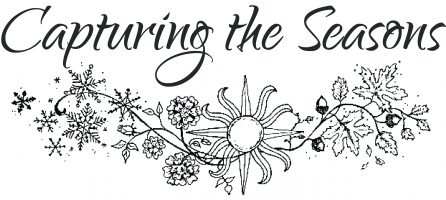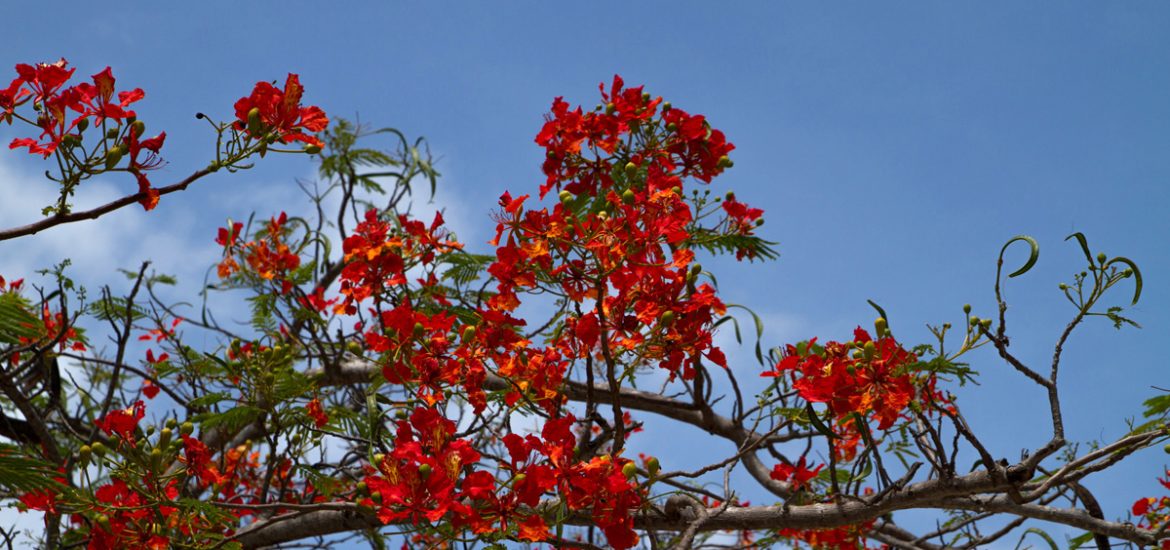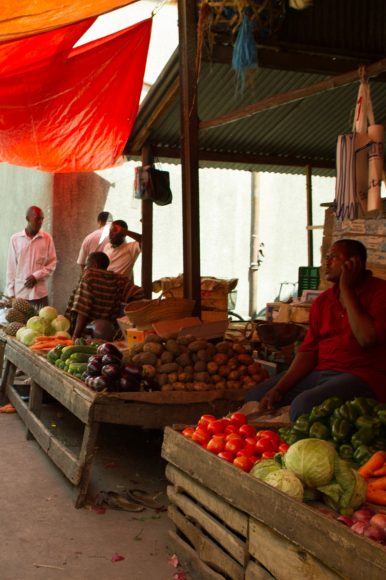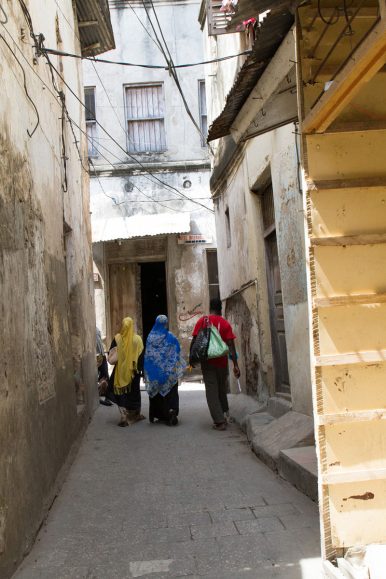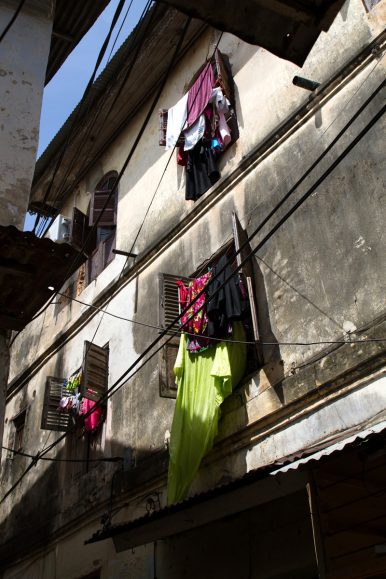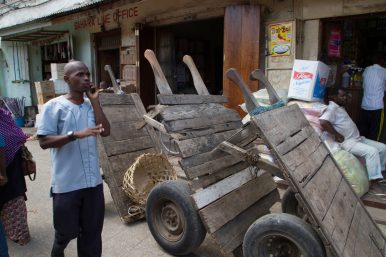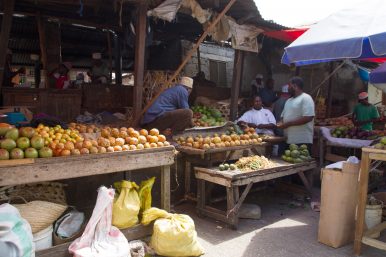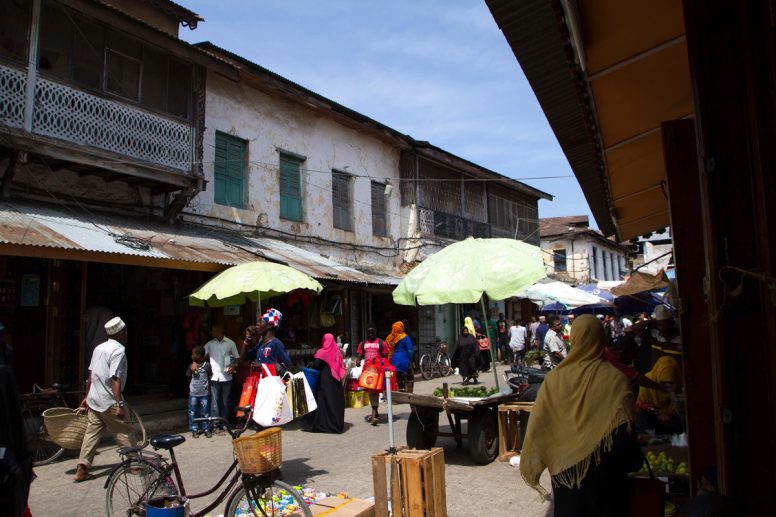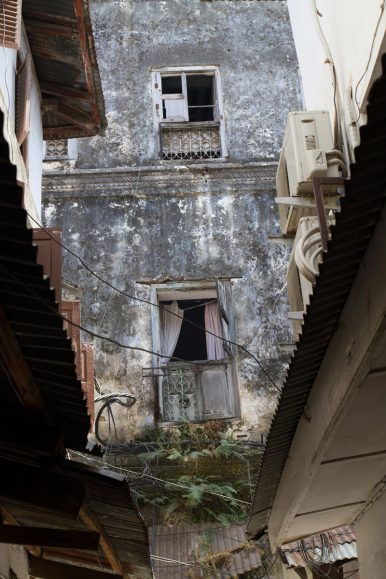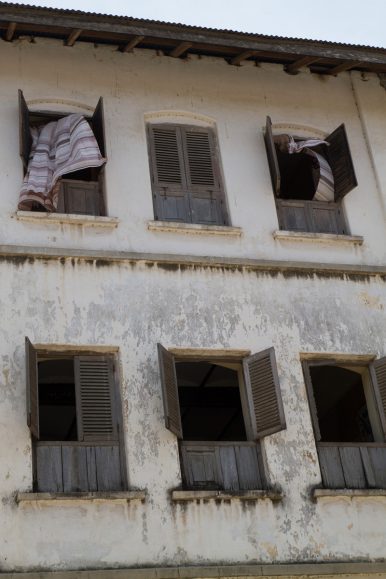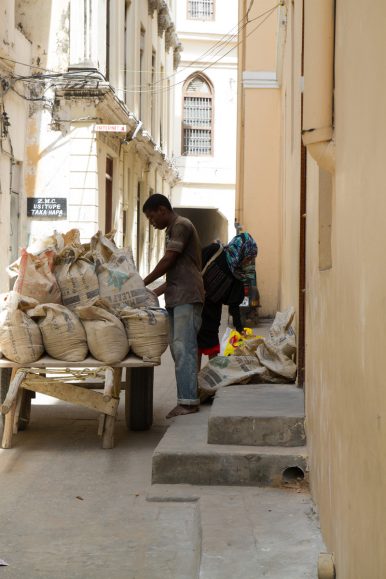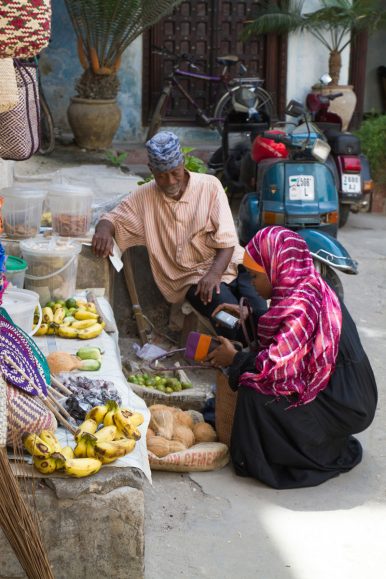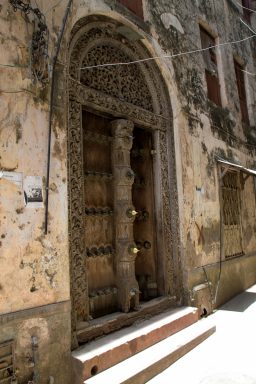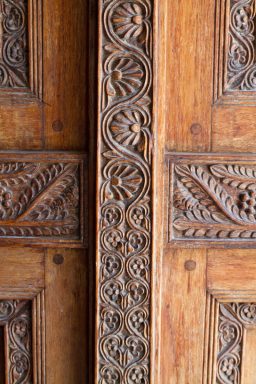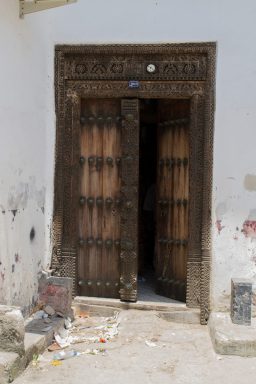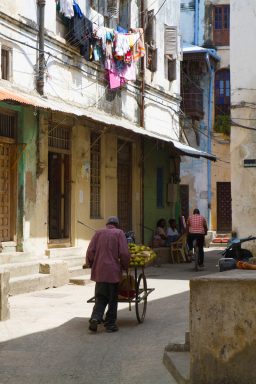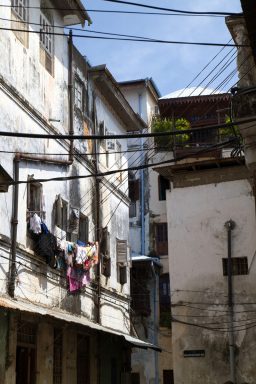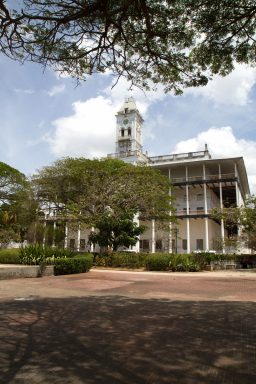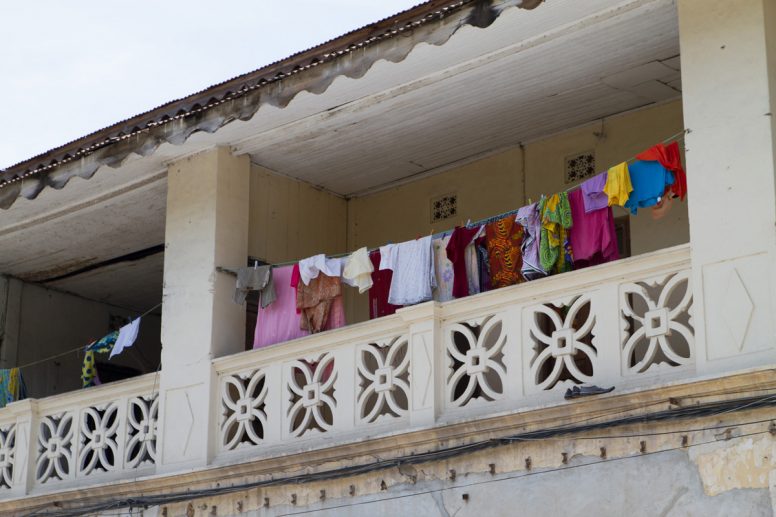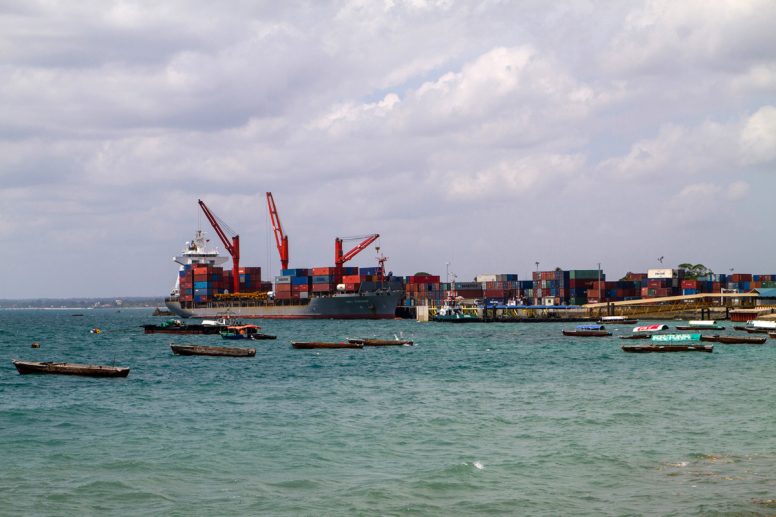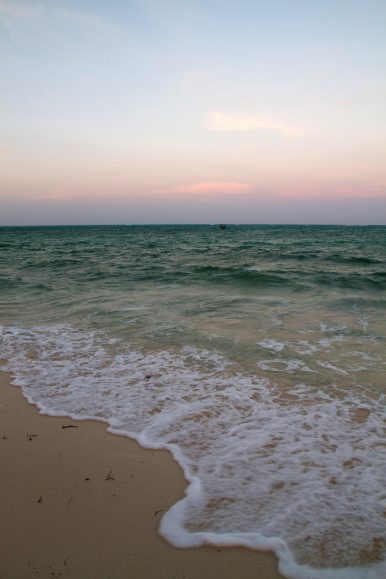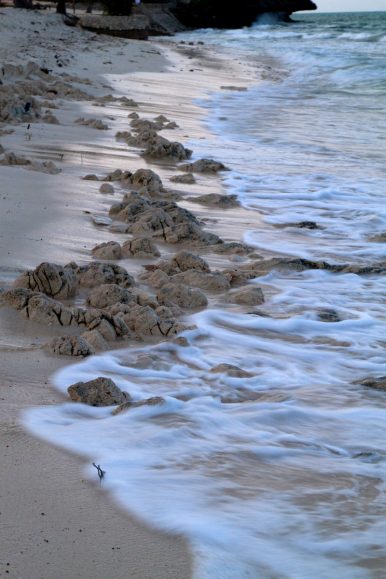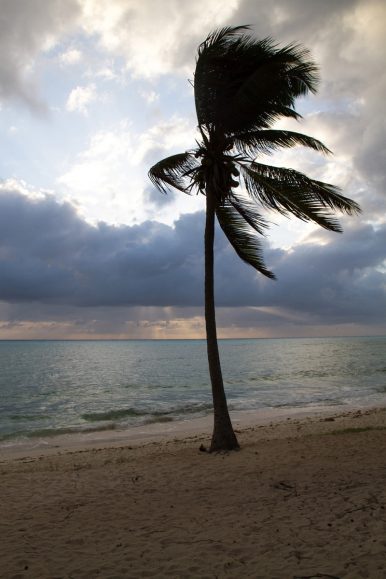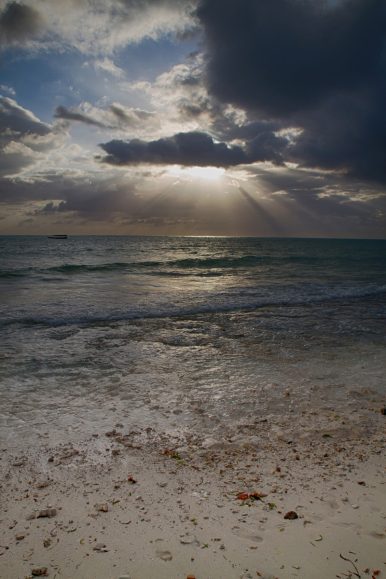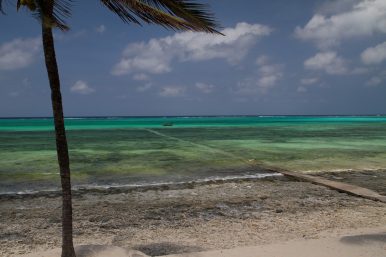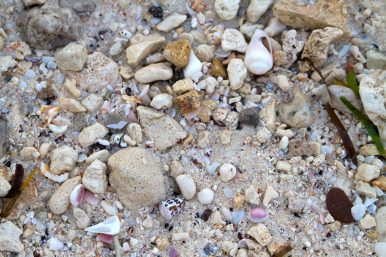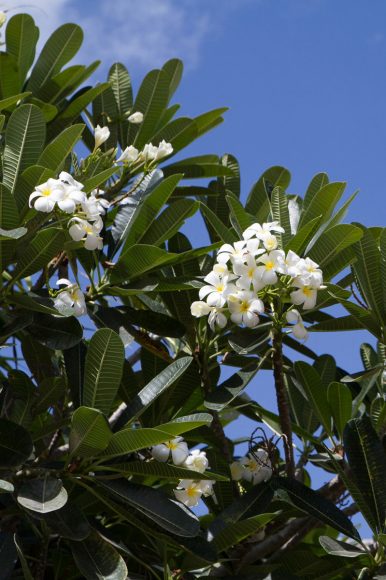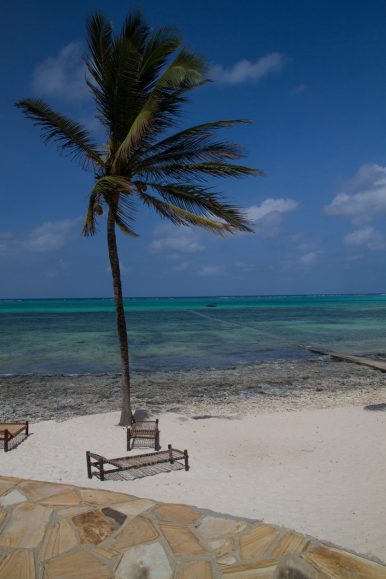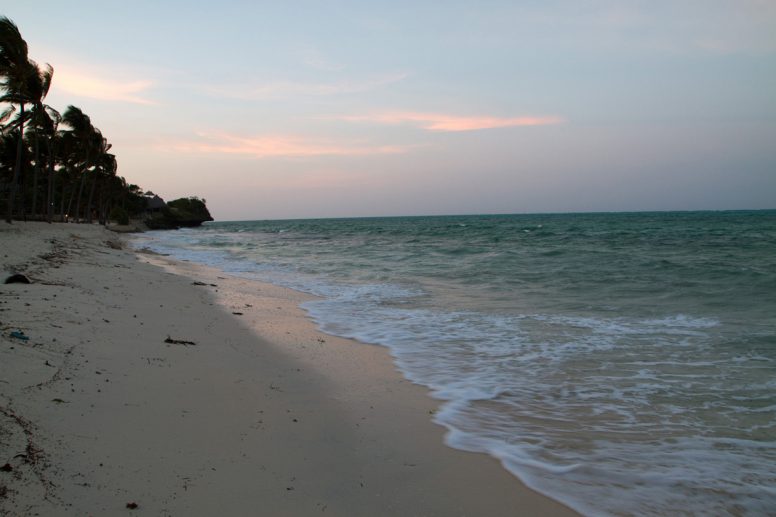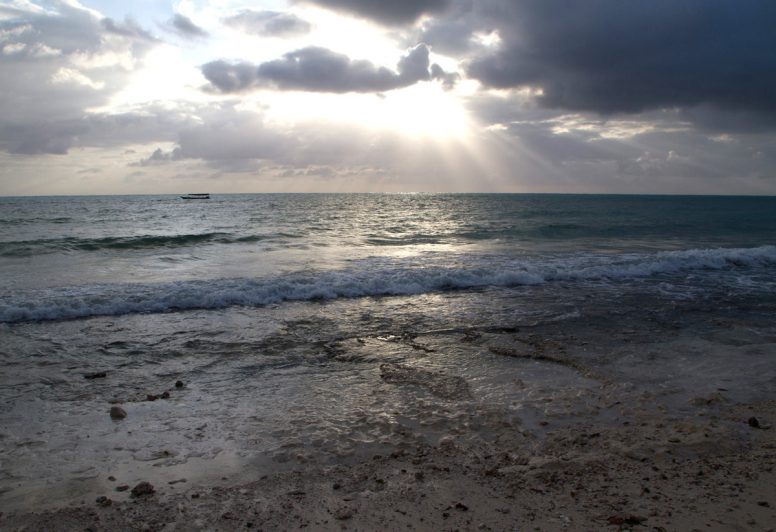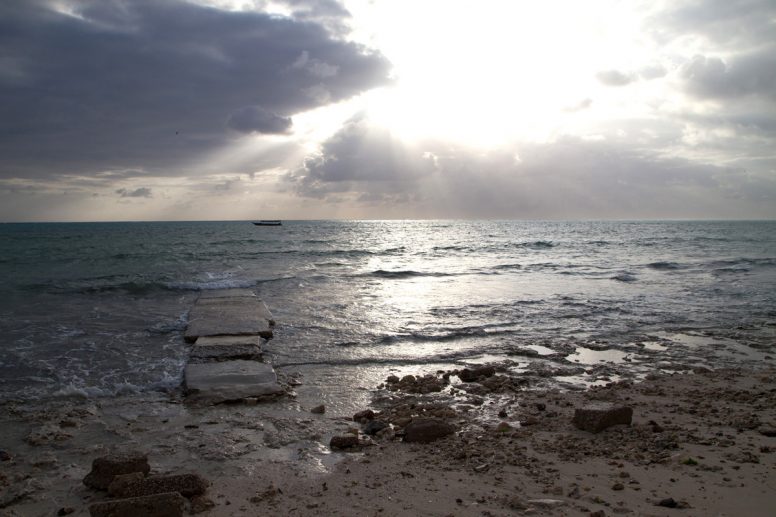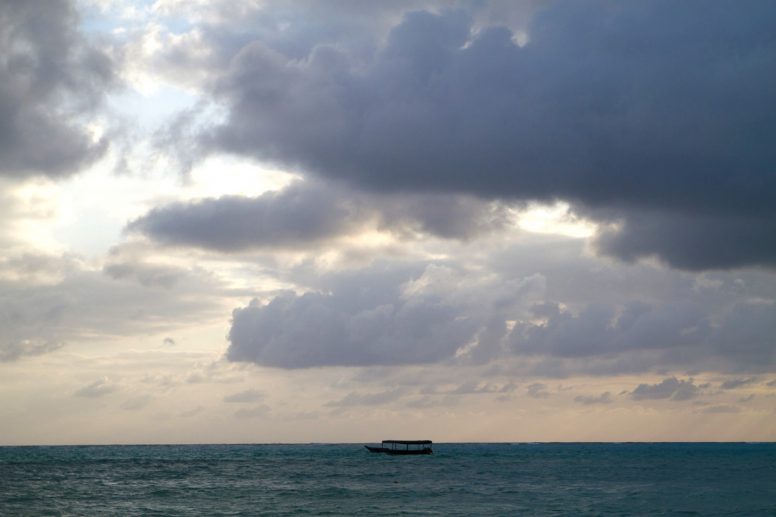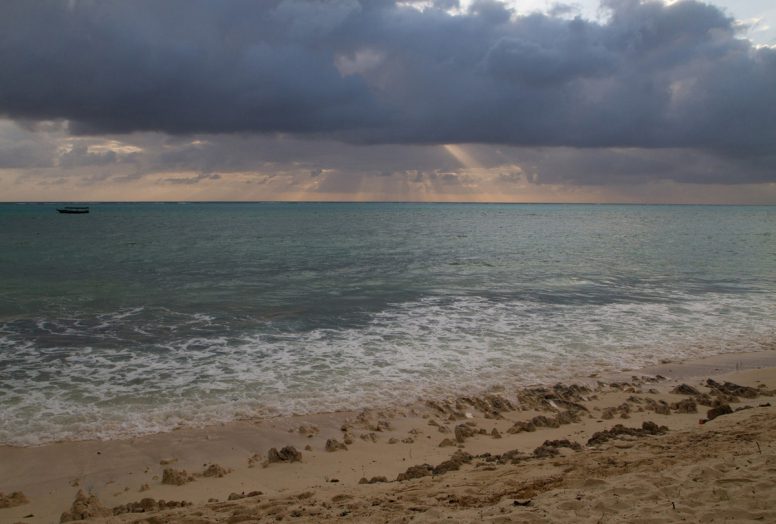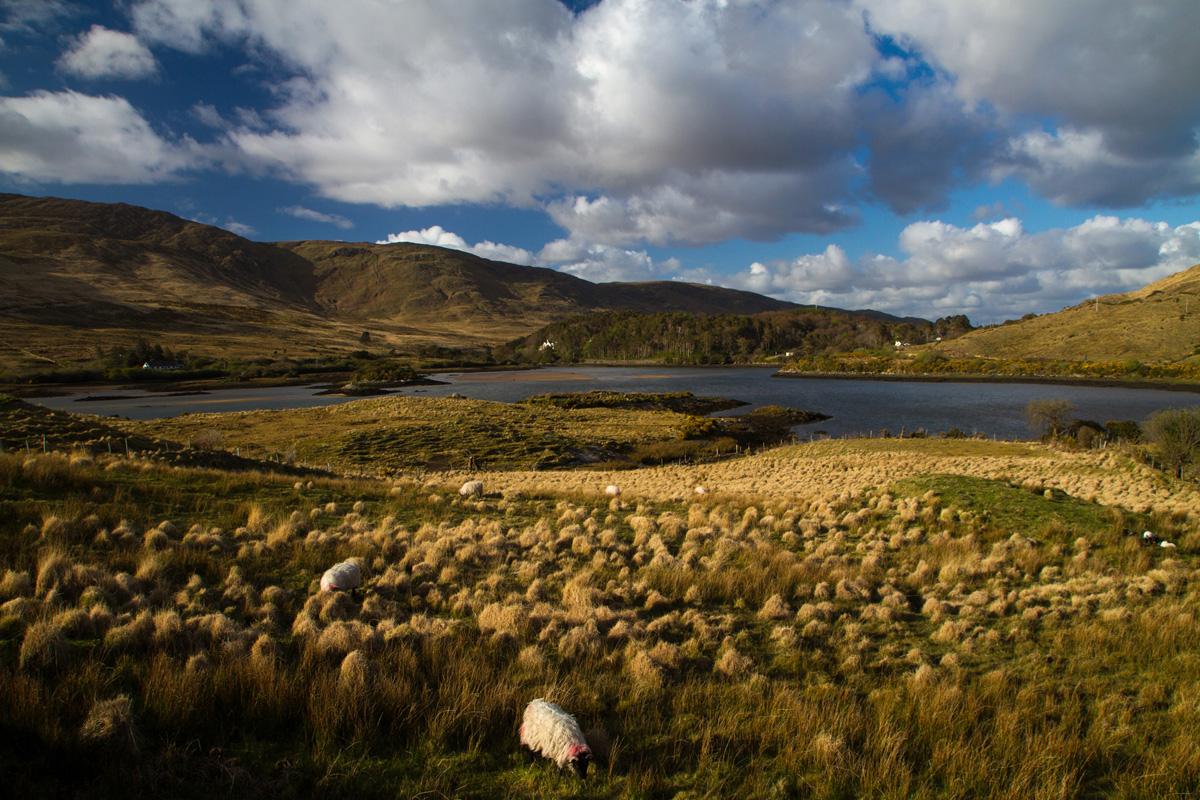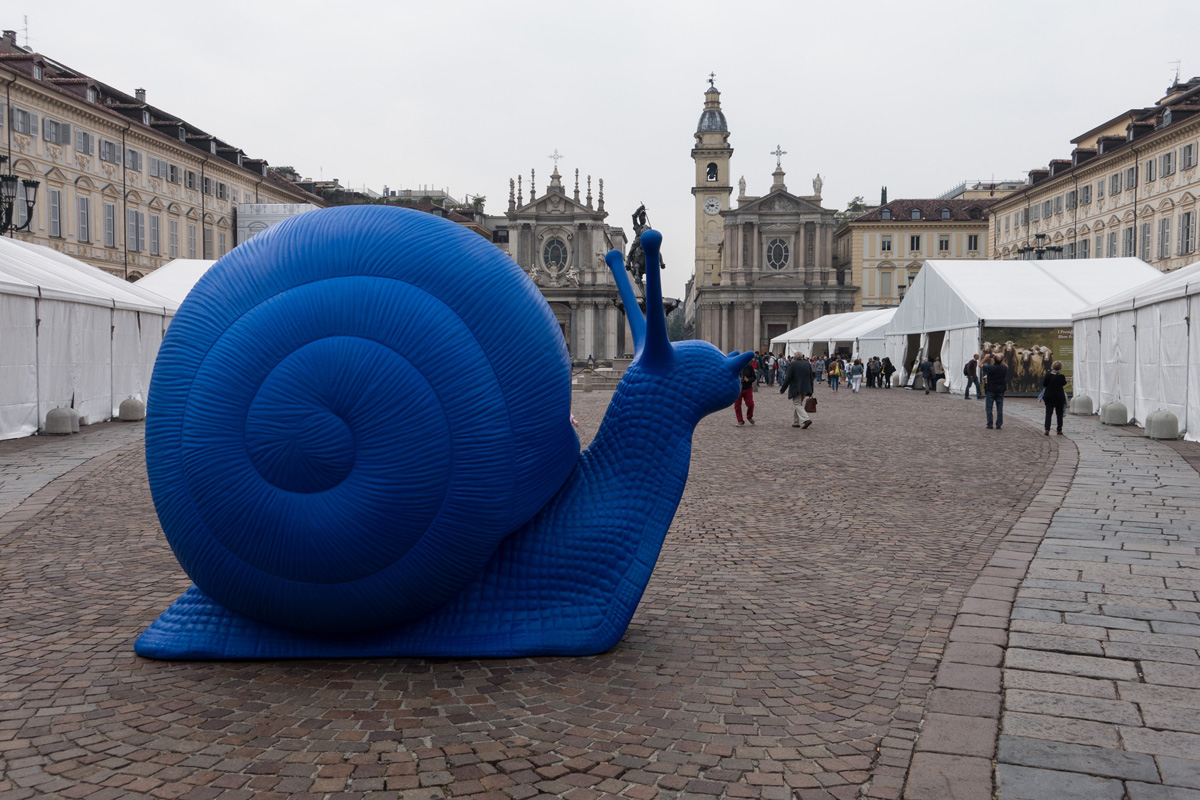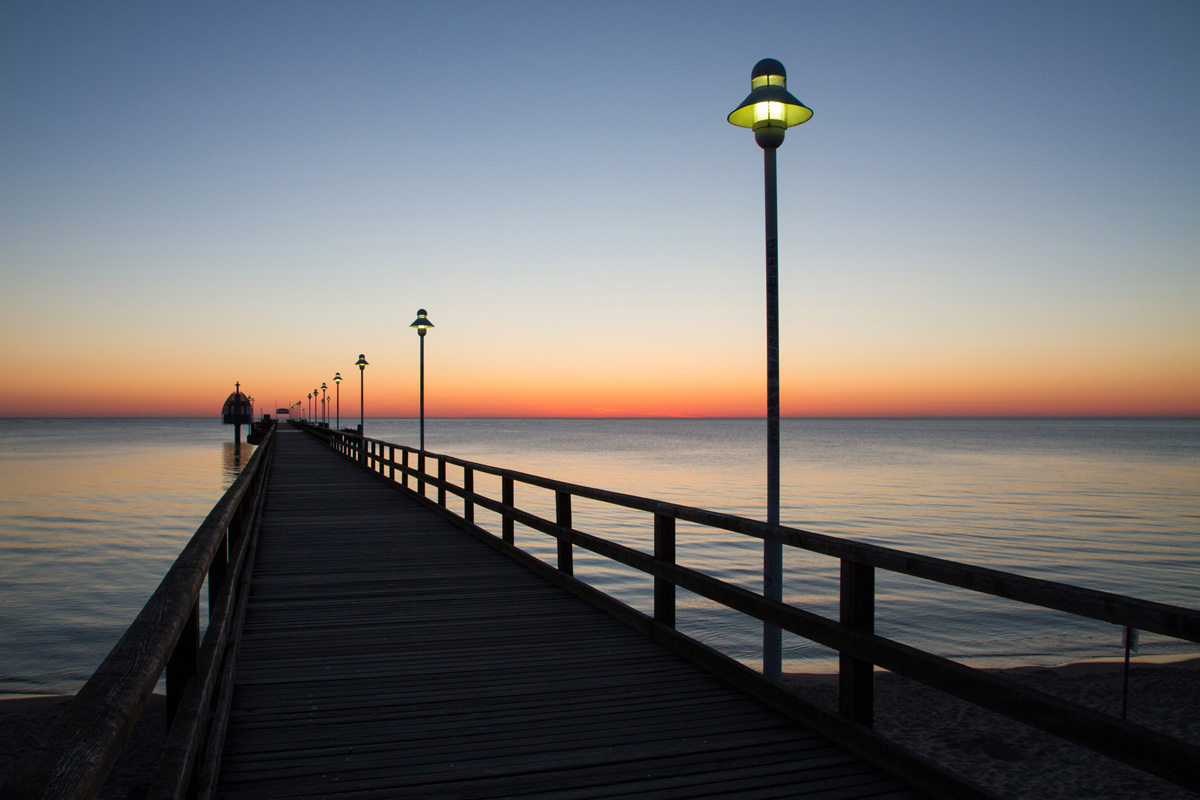Although the idea was to spend a few days relaxing on the beach and enjoying the clear blue waters, my ulterior motive to visit Zanzibar was for the spices. So after climbing Mt. Kilimanjaro and going on an amazing safari, we were off to the island of Unguja.
The Zanizbari cuisine has a rich history. When the Arabs arrived in the 9th century, they brought spices, coconuts, citrus and rice with them. In the 15th and 16th centuries the Portuguese introduced corn and pineapple and when trading with India was intensified, chutney and curry made an appearance and stayed. When cloves were introduced in the early 19th century, Zanzibar became the world’s leading producer until the 1970s. Today, Zanzibar still exports spices.
Many of you probably know the “spice story”. When my husband and I moved in together, I brought all my kitchen supplies I was sure I couldn’t live without. The next day he went to work and whispered to his colleague “She brought a whole box of spices with her!”. Spices and herbs are a part of my everyday cooking. I tell people I grew up eating Indian food and they give me incredulous looks. Eating Mexican and Asian dishes during my youth was also nothing out of the ordinary. So it comes of no surprise that I naturally use many spices when cooking and bring them back from places we visit.
After a day of relaxation on the beach and clear blue water, we made our way into Stone Town for a tour of the old town and afterwards a spice tour. It was the first time I had visited a country, where 98% of the population is Muslim. Women walked around with brightly colored scarves covering their hair and matching dresses, many men wore a Bargashia and a kanzu. I made sure my dress covered my knees and my shoulders were covered with a lightweight shawl. I was in awe of all the colors I saw.
We stepped out of the bus and right into bustle of the market. There in front of us on the pavement in the hot sun were 3 huge stingrays, fresh from the ocean and ready to be sold. On to the fish market. The smell reached us before we even walked past the stalls. There was fish all over and the hum was loud as men with blood-smeared clothing sold whole and cut up fish. Next up was the meat market, one I had to pass on due to the smell. We walked through the spice and vegetable market to the chicken market, where live and butchered chickens and eggs were sold. Not a sight I’m likely to forget. We walked through the town while our guide told us about the history of the island and took us to the cloth market.
Stone Town, called so because of the coral stones used to construct the buildings, was a trading center, mostly for spices and slaves. The buildings are a wild mix of Arab, Persian, Indian, European and African influence, the most well-known feature being the carved doors.
After several hours walking around the city and hitting the major landmarks, we made our way to a spice plantation, where we would first be served a traditional Zanzibari meal and then shown around the plantation to learn about the spices.
We turned onto a dusty dirt road and pulled up to a number of shacks. Chickens ran around and goats bleated. Where had we landed? We were shown to a table set for us and after washing our hands, the dishes were explained to us: manioc cooked in coconut milk, plantains cooked in coconut milk, Ethiopian eggplant curry, a type of spinach or kale sauteed with spices, spiced pilau, pepper tuna and a tomato and onion salad. Dessert was watermelon, pineapple and pomelo. This happened to be one of the most delicious meals we had on our tip.
We were shown around the plantation, given samples of spices, and I tested myself to see how well I knew what spices looked like before they landed in my kitchen. I sniffed my way through the plantation, each spice transporting me to a culinary memory. We were told the medicinal uses for the spices and which ones were used for cosmetics.
I will fondly remember the lazy time we spent swimming in the ocean, listening to the wind in the palm trees and walking along the beach in the evening and watching the monkeys in early morning. I only wish we had been able to spend more time on the island exploring. Maybe next time?
On our last morning, I got up early and strolled along the beach to take photos.
